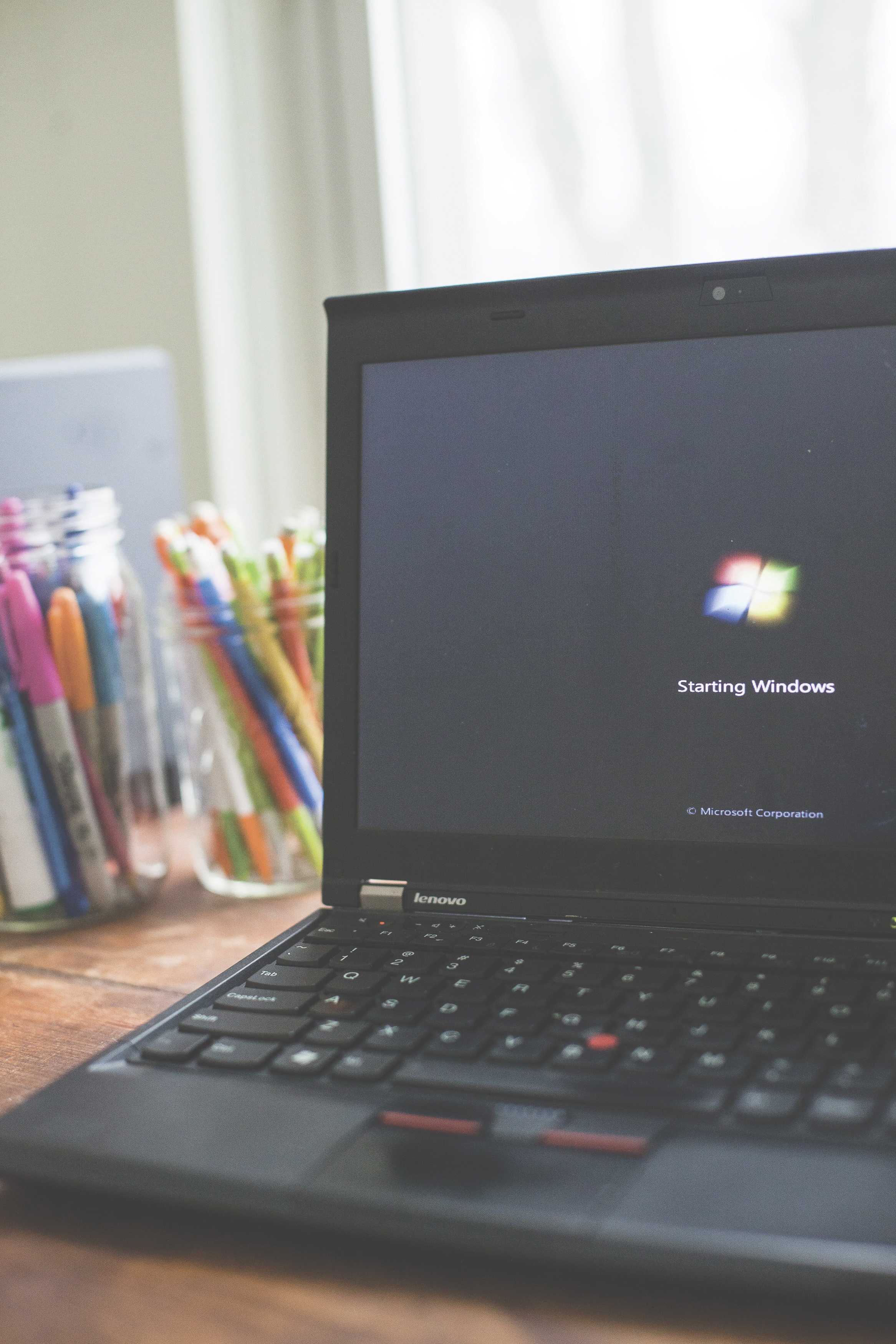NMU is making strides to expand a new Electronic Access Network (EAN) by widening LTE broadband to the entire Upper Peninsula. The LTE wireless coverage will encompass communities as well as businesses and students in K-12 school districts in need of internet access for educational purposes.
 “This will expand opportunities throughout the U.P. as we build this up for people, because as a student you need access,” Vice President for Finance and Administration Gavin Leach said.
“This will expand opportunities throughout the U.P. as we build this up for people, because as a student you need access,” Vice President for Finance and Administration Gavin Leach said.
An application sent to the Federal Communications Commission (FCC), asking for authorization of the LTE network expansion from Marquette County to the entire Upper Peninsula, was granted late this spring, Leach said.
The FCC is in charge of licensing airspace to networks. With the expansion of the LTE network came the ability to create and expanded the EAN.
“Wherever our network may be, you’ll have access to take our courses,” Leach said.
The EAN includes a wide variety of online educational programing, while the LTE network gives those in need of reliable internet and seeking this education, a way to access that programing, Leach said. Affordable access to broadband for education has been in high demand in the area for some time.
“As things have progressed where a lot of communities don’t have much access to affordable internet, people reached out to us,” Leach said.
“We looked at it as, ‘This is a big need for the region, and we’re sort of a leader in the community, so how could we expand the broadband across the Upper Peninsula?’”
The rate system for different users has not yet been finalized, but in the end the network will be entirely self-funded, Leach said. Overall cost of expansion is yet to be determined based on regional interest. Fees will be collected to support the cost of the network in order to provide broadband access.
The EAN is part of an educational access initiative looking to reach out to more non-traditional students and community members seeking some form of education in the Upper Peninsula, said Steve VandenAvond, vice president of extended learning and engagement.
The goal is to reach out to three main elements: students seeking degrees or certificates through NMU’s Global Campus, people who want personal or professional development and the K-12 community, VandenAvond said.
The first element involves students utilizing NMUs Global Campus set up for solely online users, he said. The access to the LTE network for Global Campus users is free with the cost of tuition.
“The Global Campus is an online campus,” VandenAvond said. “It’s a portal into the community that is solely for online students to help them succeed and not get bogged down in a lot of the information on the website that’s only for on-campus students. This is for people either seeking an online degree or a credit related certificate.”
The second element incorporated in the EAN is providing personal and professional development educational offerings to community members and businesses in the area.
“Those include a mix of credit and noncredit offerings ranging from how to use Excel, cyber security for your home, personal finance and financial fitness. We also have a customer service course. This is all through the educational access initiative,” VandenAvond said.
For this program, members will have to pay a subscription to become part of the learning community with discounted or free educational courses, VandenAvond said. If internet access is needed, LTE will be available with an additional fee.
The third area of outreach involves partnerships with K-12 schools. Students will get access to the internet with a monthly fee and a one time equipment fee for the router, paid for by their parents, VandenAvond said.
NMU is also looking to work with school districts to provide reduced cost of LTE to students receiving free or reduced lunch. Student access will be filtered through the schools based on child protection laws.
“Students need access to the internet to study, whether they’re in kindergarten or they’re in college, and not everyone in the U.P. does,” VandenAvond said. “Our goal is to basically light up the U.P. and offer all K-12 students access to the internet who don’t have it.”
The network started with Wi-Max then eventually evolved into LTE, VandenAvond said. The first goal is to provide internet to students and grow from there.
“This is really about engagement,” VandenAvond said. “So we want to give people access to the education that we have here that we think is very valuable. We also want to find ways to engage with the U.P. community more. For years we’ve been sort of an island and we’ve required people to come to us. We’re now trying to find ways to reach out rather than requiring people to come here.”






















